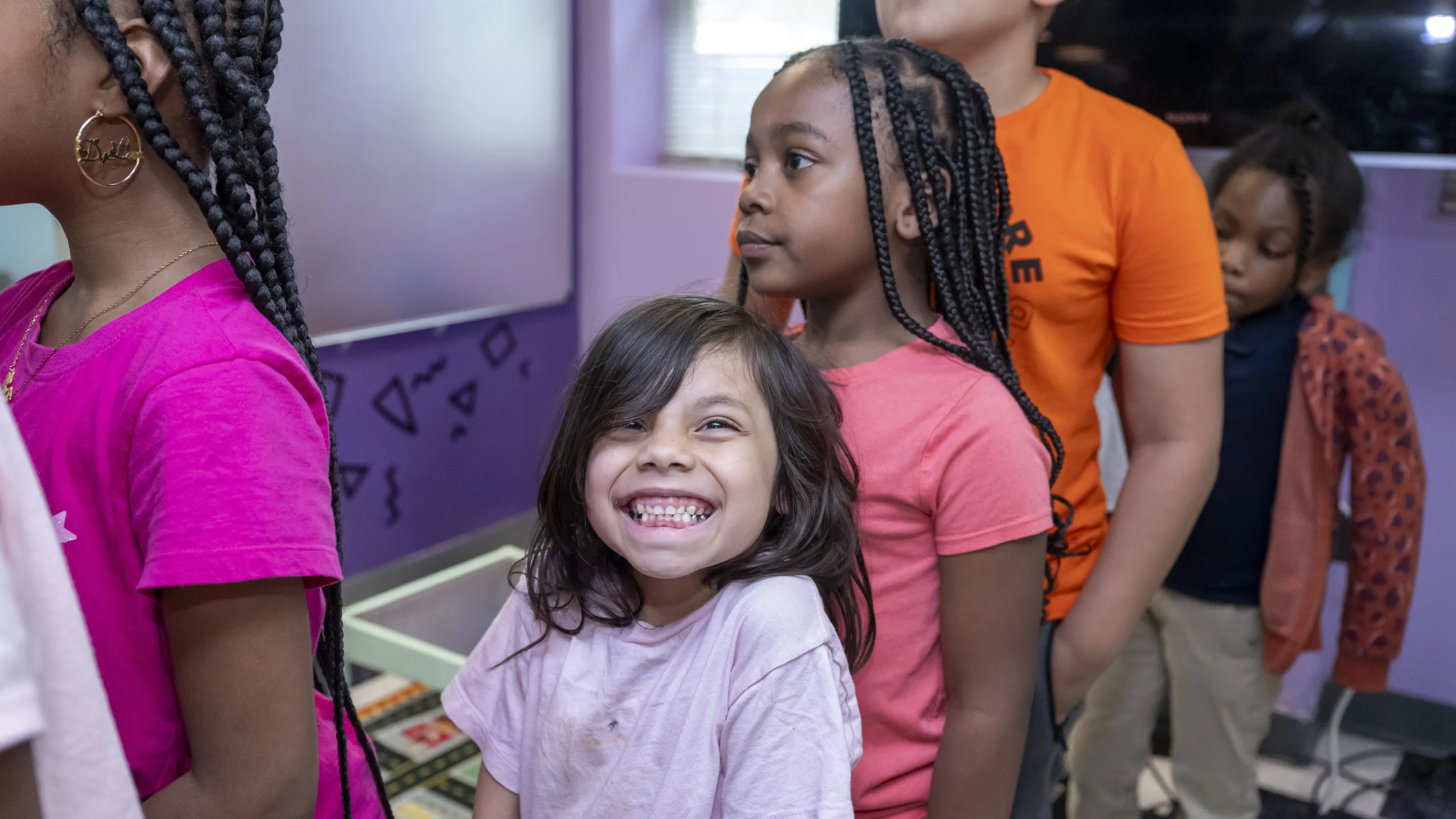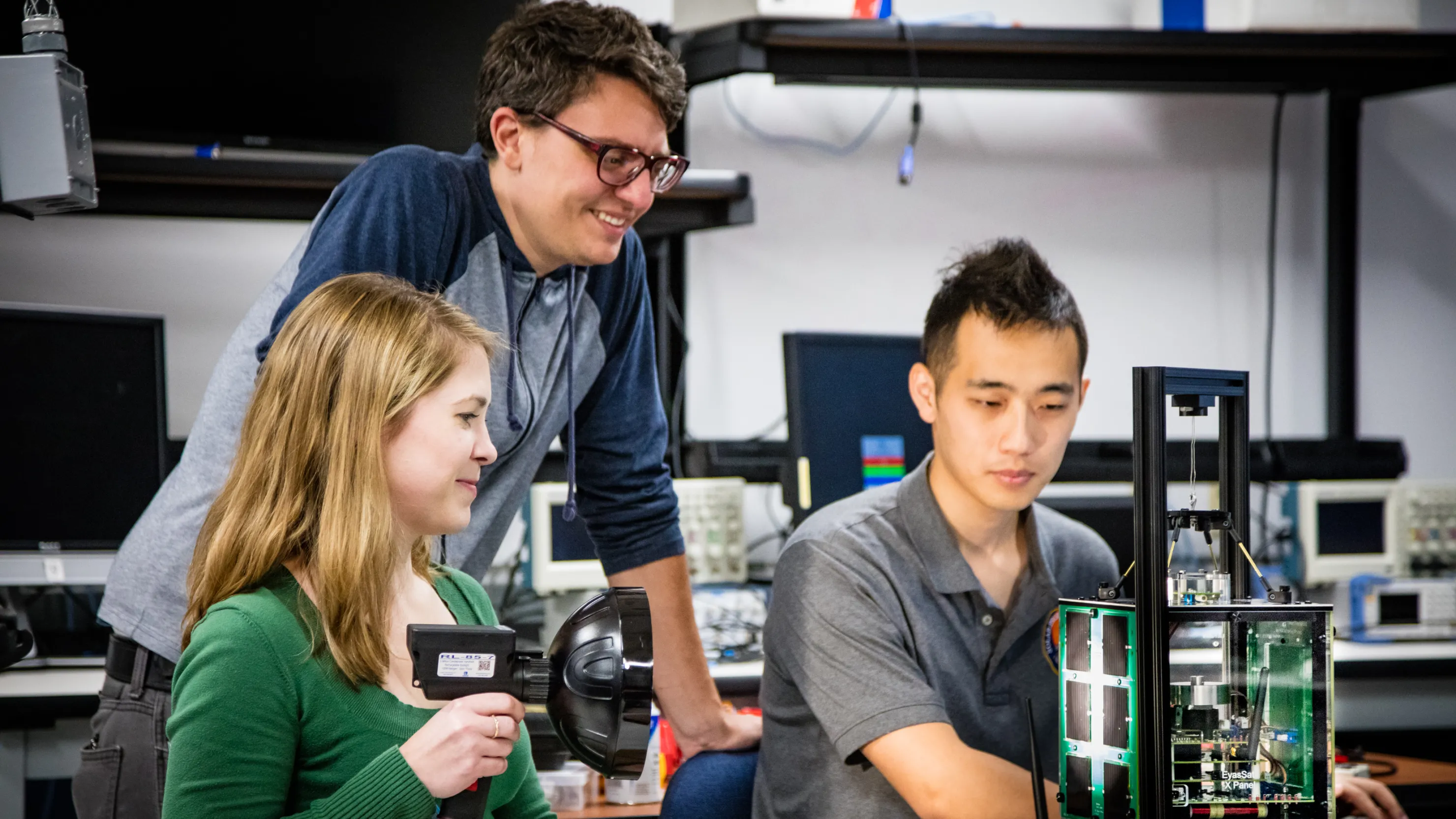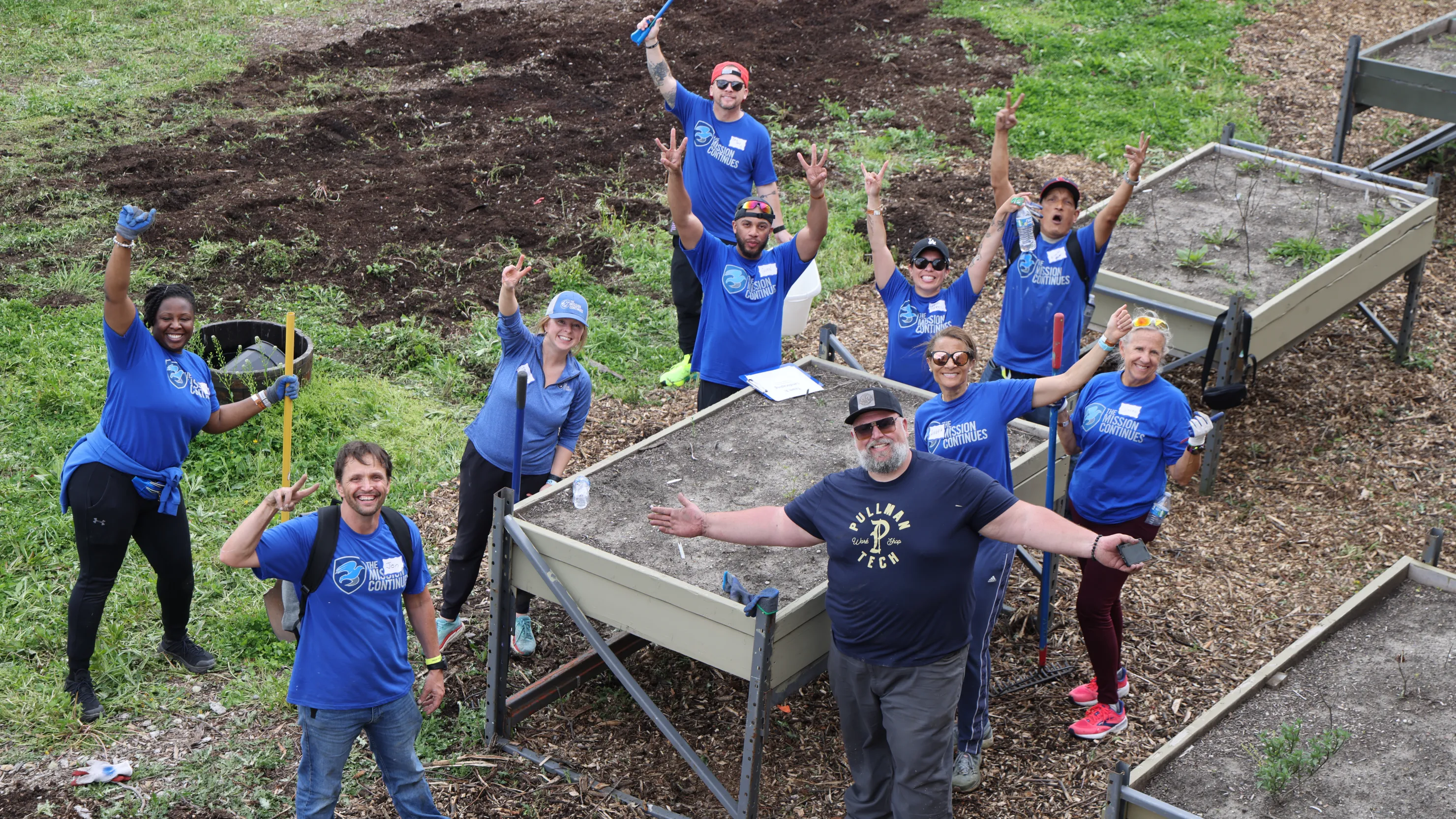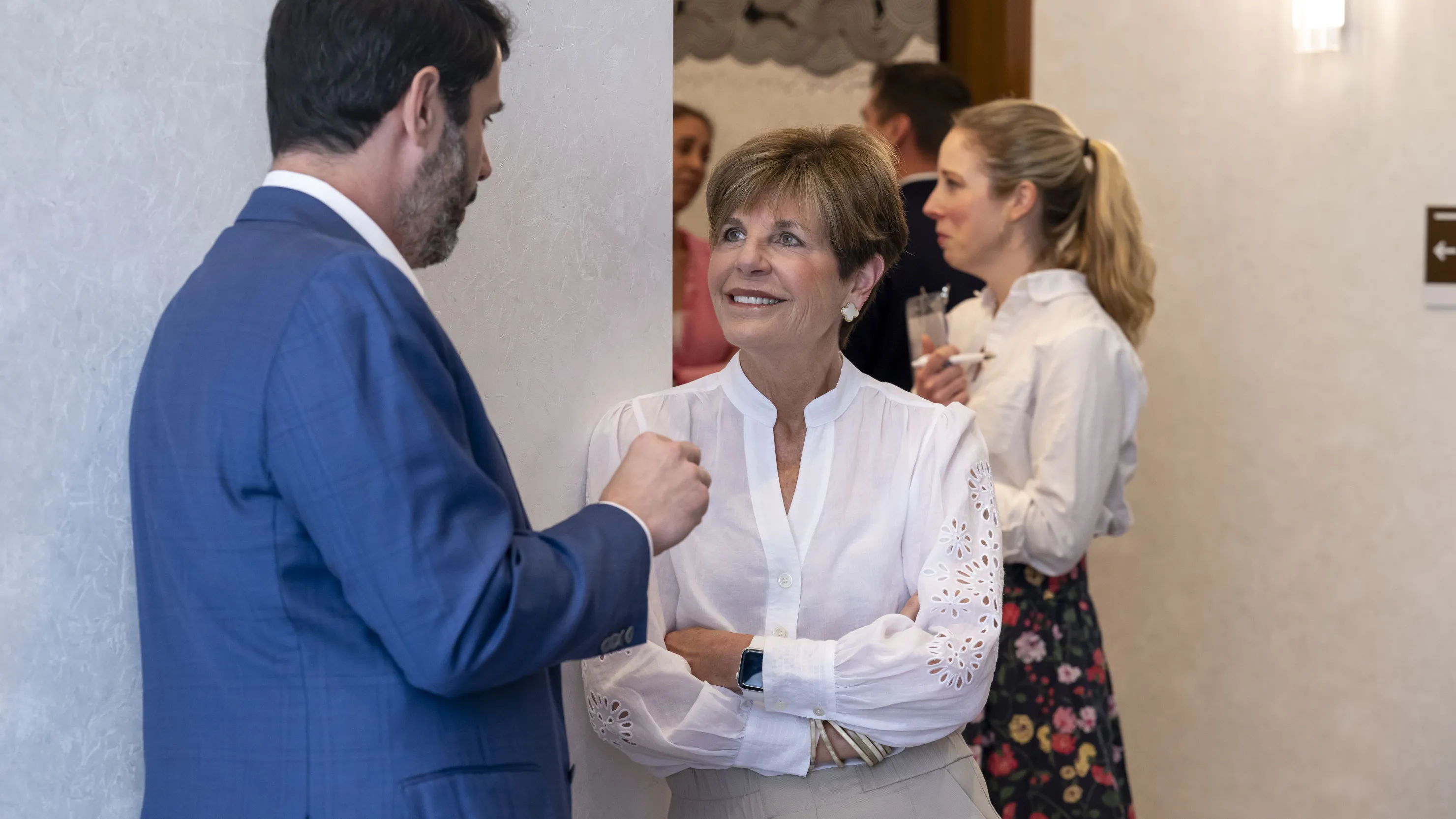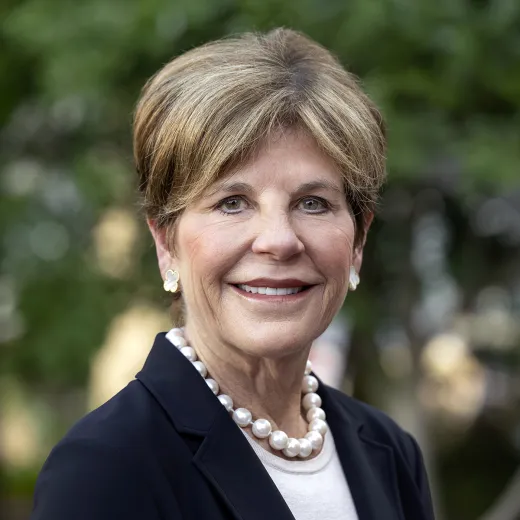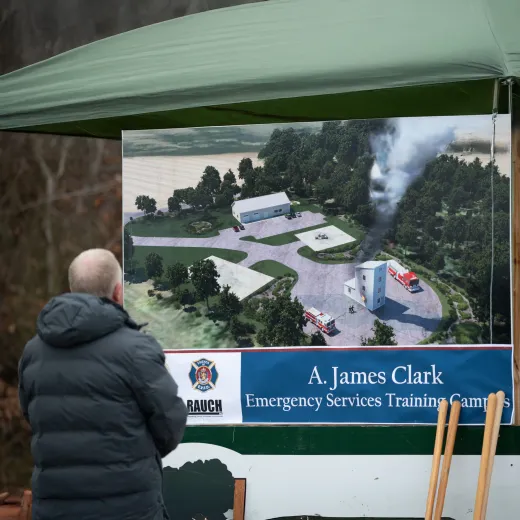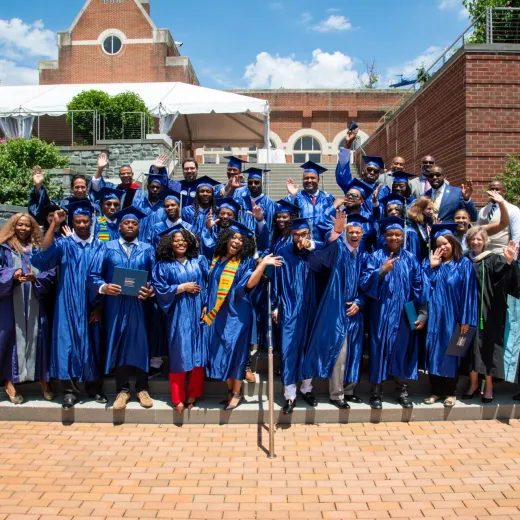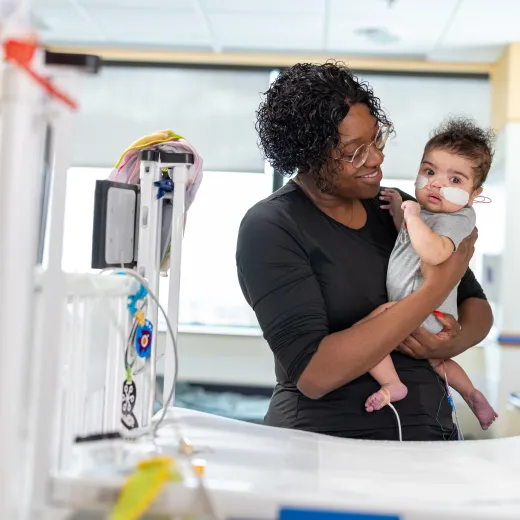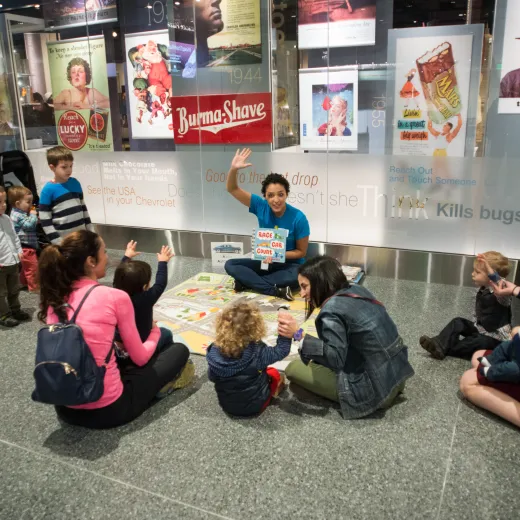Our Mission
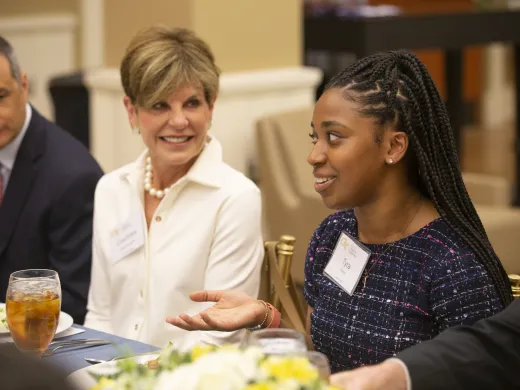
He wanted to give back and share what he knew were his many blessings and try in some way to make our community a better place.
 Courtney Clark Pastrick
Courtney Clark Pastrick
Clark Foundation, Board Chair
The Clark Foundation invested more than $1.4 billion during its 10-year spend down.
Engineering Initiatives
We invested $329 million to support Clark Scholars
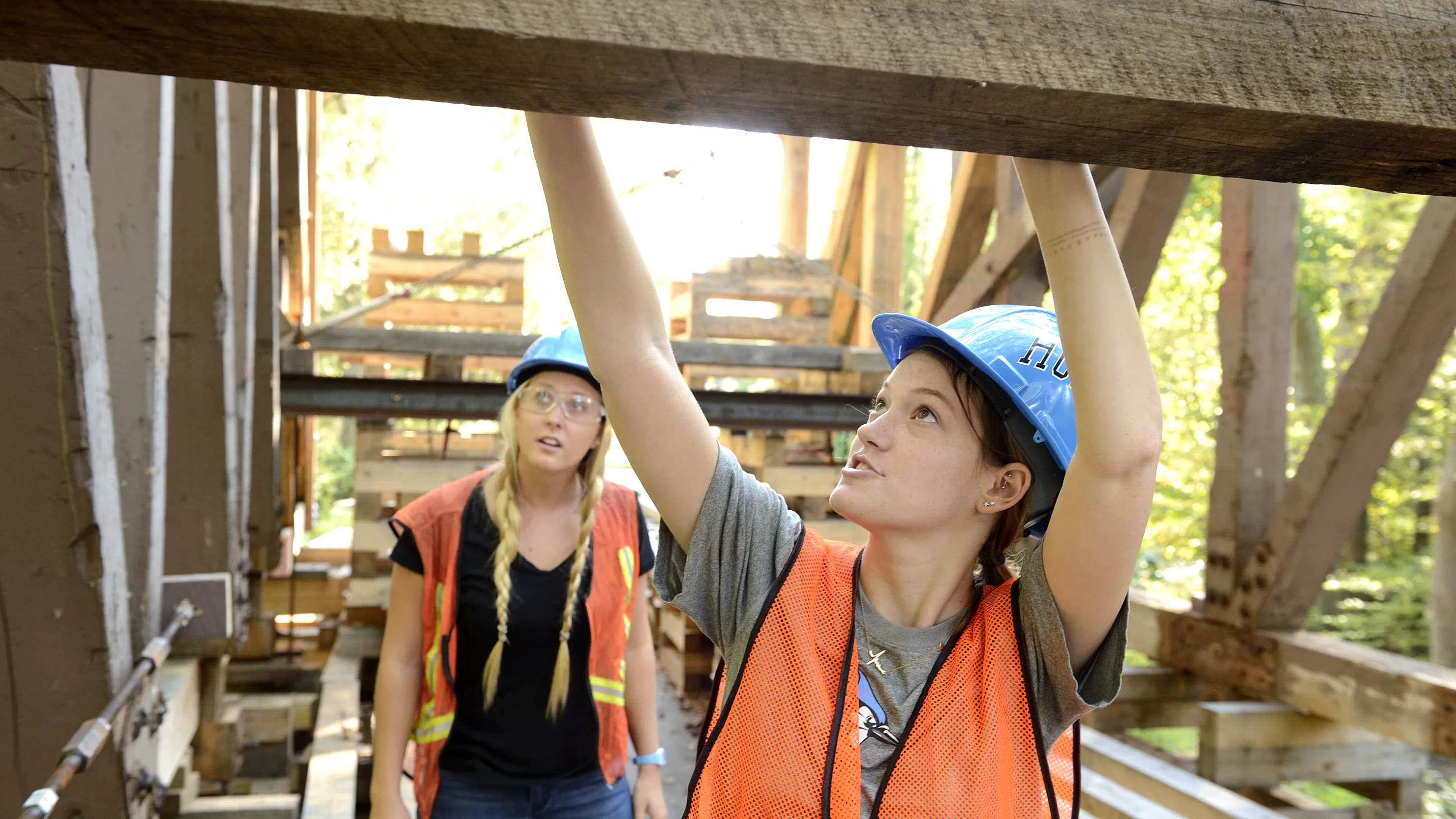
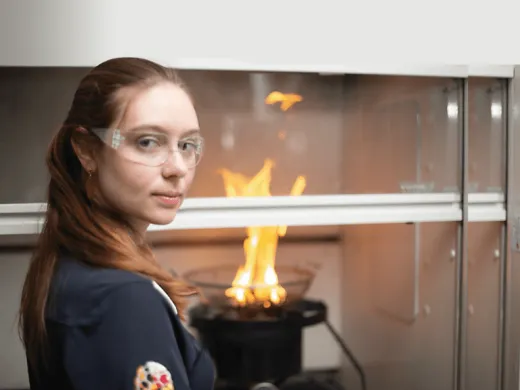
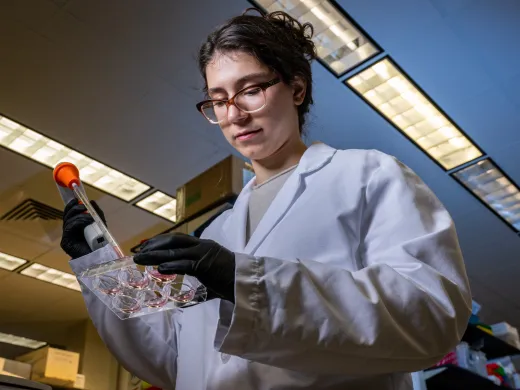
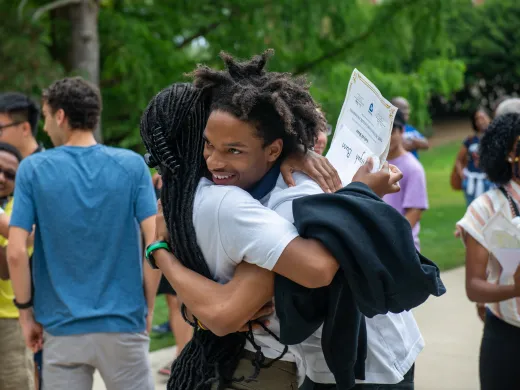
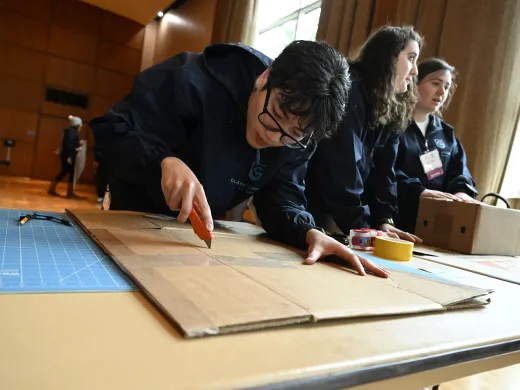
Serving 475 scholars each year in perpetuity
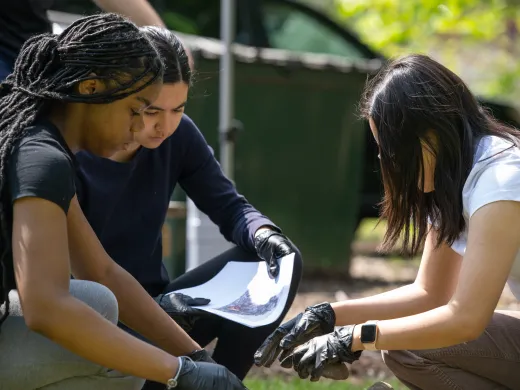
DC Initiatives
We invested $455 million in the DC area
Supporting our city across 200 organizations
The Clark Foundation invested in supporting DC residents and families from birth to graduation. Our initiatives helped improve health outcomes for moms and babies, strengthened community-based organizations, and supported DC students on their path to and through college.
Veterans Initiatives
243,000 unique transition services for our nation's veterans and their families.
The Clark Foundation funded innovative employment, education, health, housing, and leadership development opportunities.
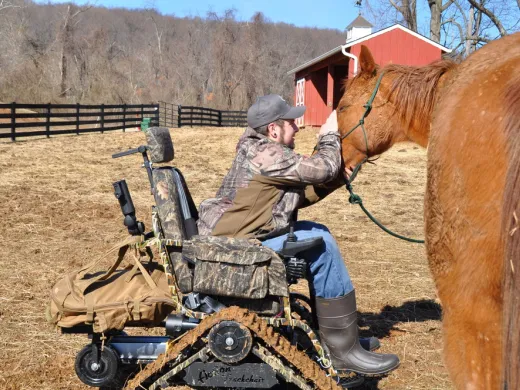
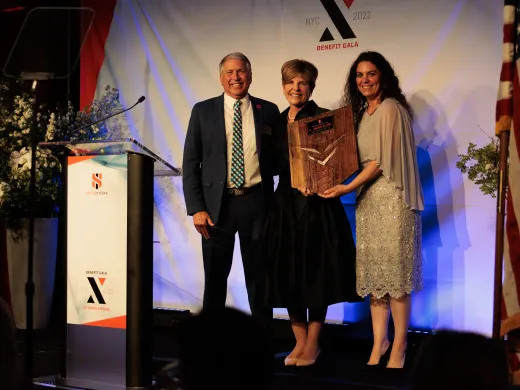
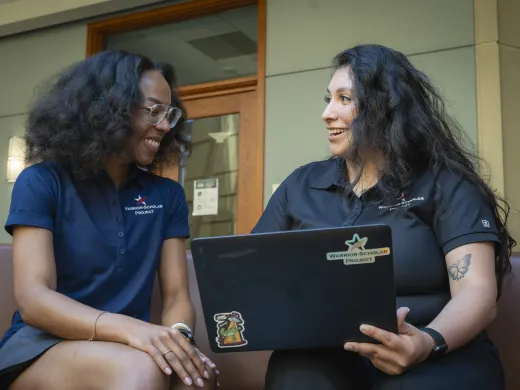
-
2,600
employment, education, transitional housing, resiliency, and wellness services provided to the families of veterans -
85,000
evidence-based medical, mental health and traumatic growth services delivered -
127,000
services to help veterans find their professional purpose and navigate the civilian career space -
9,500
services to connect veterans with their communities, leadership potential, and sense of purpose -
3,200
new opportunities for veterans to build skills through pre-college, vocational and entrepreneurship programs
Our Legacy of Giving
Alongside its core investment areas, the Clark Foundation focused additional investments in causes and communities aligned with its core mission and close to the hearts of its board and the Clark family.
Our Impact
From 2016 – 2025, the Clark Foundation invested in more than 300 organizations, building a legacy of opportunity for individuals, families, and communities.
Case Studies
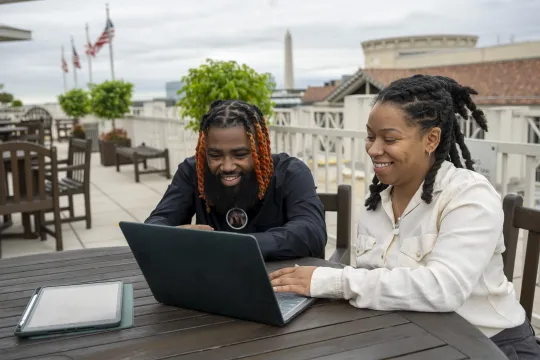
Grantee Stories
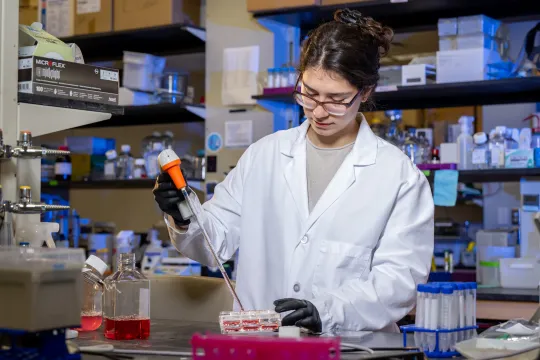
All data accurate to 2025. Image credits: Ed Whitman/Johns Hopkins University; Lisa Helfert Photography; Candler Hobbs - College of Engineering Marketing and Communications; Will Kirk/Johns Hopkins University; Penn State College of Engineering; Fred Zwicky at the University of Illinois; University of Maryland A. James Clark School of Engineering/Department of Fire Protection Engineering; Boulder Crest Foundation; The Headstrong Project; Warrior-Scholar Project; Memorial Sloan Kettering Cancer Center; Denny Henry/Catholic Charities; National Museum of American History | Smithsonian Institution; Richard Barnes
